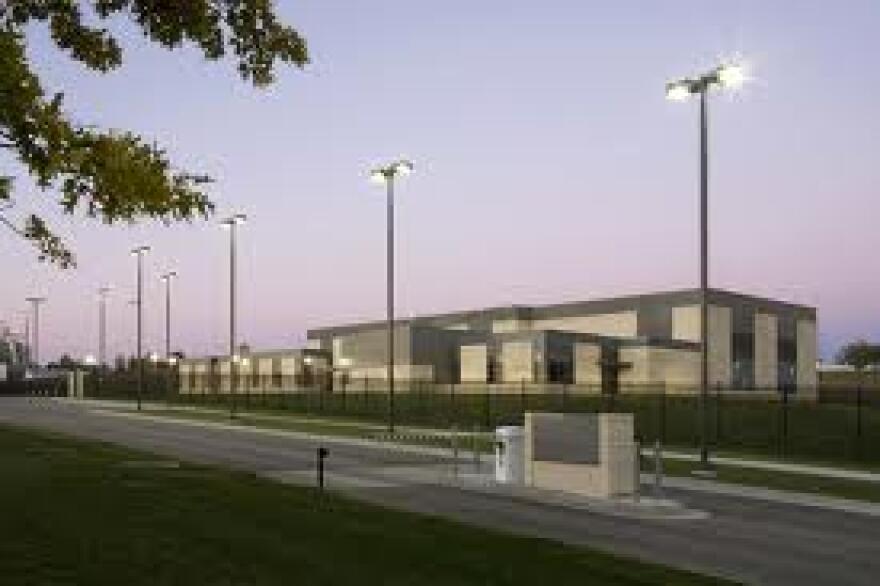The former office manager for an animal disease research lab at Kansas State University faces a maximum of 10 years in jail and $750,000 in fines if convicted of embezzling federal funds.
Linda Kay Miller, 51, of Alma, Kan. has been indicted on charges of signing federal grant monies over to her own bank account. The funds were to go for research at the Biosecurity Research Center in Pat Roberts Hall at K-State.
U.S. Attorney Barry Grissom said Miller allegedly made herself the payee of checks totaling about $13,000.
"The institute would receive grant money from federal programs that was supposed to be used to provide research into infectious disease, threats to livestock, human health, plants, things of that nature," said Grissom.
Miller managed the offices for a BRI research lab from 2007 until 2013, when the FBI began investigating financial irregularities.
The Biosecurity Research Center is a level 3 animal disease lab that has special capabilities that allow it to study large animals. The BRI is designed to work in tandem with the proposed billion dollar National Bio and Agro-Defense Facility, up a small hill from the BRI.



